Stablecoins Approach Mainstream Tipping Point
Stablecoins Approach Mainstream Tipping Point as Bank of England Pushes for Regulation
“We live in an increasingly digitalized world where the way we make payments and use money is changing rapidly. The prospect of stablecoins as a means of payment and the emerging propositions of CBDC has generated a host of issues that central banks, governments, and society as a whole, need to carefully consider and address. It is essential that we ask the difficult and pertinent questions when it comes to the future of these new forms of digital money.”
However, the U.K.’s banking regulator further stated that for these new forms of digital money to become mainstream, the public must have the same confidence in them as they have in existing forms of money.
It further means that stablecoins must promise, credibly and consistency, to be fully interchangeable with existing forms of money and must be anchored to ensure that users have the same confidence in stablecoins as commercial bank money.
While the bank aims to build confidence in stablecoins as commercial bank money, it has suggested the following guidelines for stablecoin issuers.
- Stablecoins must promise, credibly and consistently, to be fully interchangeable with existing forms of money
- Stablecoins used as money should meet equivalent standards as those provided by commercial bank money
- Stablecoins that become “systemic” should be stable in value at all times and offer 1-to-1 redemption with a robust legal claim
Following the release of the BoE discussion paper, Christina Segal-Knowles, executive director of the Bank of England's Financial Market Infrastructure Directorate, released a new speech for the Westminster eForum Policy Conference titled “What’s Old is New Again” and aims to tone down some of the excitement and agitation surrounding the issue.
Bank of England (BoE) executive director said,
"Stablecoins and central bank digital currencies (CBDCs) don’t pose an inherent risk to financial stability even if they displace bank deposits."
Restricting her focus to stablecoins that are designed to be used for payments, Segal-Knowles argues that financial regulators know perfectly well what’s required to ensure that private money is secure and stable enough for public use,
“Stablecoins are not launching us off into some brave new world. The key here is to ensure that just because something is packaged in shiny technology we don’t somehow treat the risks it poses differently. A shift to wider use of stablecoins and CBDCs does not inherently constitute a financial stability risk as long as it happens in an orderly manner."
Stablecoins don't pose any new issues, Segal-Knowles said. They are similar in nature to traditional forms of private money that is deposited by consumers and businesses in commercial banks.
"This means that we will hold them to standards similar to those applicable to existing private money. It doesn't matter what type of technology you're using or the legal form of the firm."
In a recent speech dedicated to the same issue, Bank of England deputy governor Sir Jon Cunliffe took a slightly different tack, arguing that the increasing shift away from public money to private money in various forms does raise significant questions for states and central banks.
Cunliffe went so far as to suggest that technology-driven developments and shifts in the use of different forms of money, including non-bank private money, could make general access to a digital form of central bank money crucial for ensuring financial stability in the future.
The issue of regulation is a pressing one, as in at least one case, governments are embracing cryptos (with all their inherent volatility) with open arms. That would be El Salvador, of course, which has said bitcoin will act as legal tender in that country, the same as the U.S. dollar (the official currency).
In the US, the Federal Rerserve is researching a digital dollar, partnering with outsiders, and planning to hold public events as it considers the potential for a CBDC.
Just this past week, the G7 meeting of finance ministers issued a statement on CBDCs declaring:
“G7 Central Banks have been exploring the opportunities, challenges as well as the monetary and financial stability implications of Central Bank Digital Currencies (CBDCs) and we commit to work together, as Finance Ministries and Central Banks, within our respective mandates, on their wider public policy implications. We note that any CBDCs, as a form of central bank money, could act as both a liquid, safe settlement asset and as an anchor for the payments system.”
Separately, the Bank of International Settlements (BIS) has said that cryptocurrencies should be divided into two asset classes – and has asked for consultation on the matter. The BIS’ Basel Committee posted in an announcement that the crypto classes would be divided between offerings such as stablecoins and tokenized assets that would be eligible for treatment under the Basel Framework, which provides standards for banking supervision.
The Federal Reserve is planning on releasing a paper this summer to assess the benefits and risks of a digital dollar. The BoE has welcomed comments from stakeholders on their views in the paper and is among major central banks across the world examining the issuance of digital fiat making payments systems smoother. The BOE said it had made no decision yet about whether to issue its own central bank digital currency, or CBDC, a prospect dubbed 'Britcoin' by finance minister Rishi Sunak when he asked the BoE to look into this in April.
Sources:
Bank of England Discussion Paper 'New forms of digital money' - Published on 07 June 2021
https://www.bankofengland.co.uk/paper/2021/new-forms-of-digital-money
Bank of England Speech 'Stablecoins: What’s Old is New Again' - Westminster eForum Policy Conference -10 June 2021
https://www.bankofengland.co.uk/-/media/boe/files/speech/2021/june/stablecoins-whats-old-is-new-again-speech-by-christina-segal-knowles.pdf?la=en&hash=E1D88DB050EB92BA8C581A9C8A967BE7191F776A
Bank of International Settlements BIS - Basel Committee on Banking Supervision - Consultative Document Prudential treatment of cryptoasset exposures - 10 June 2021
https://www.bis.org/bcbs/publ/d519.htm
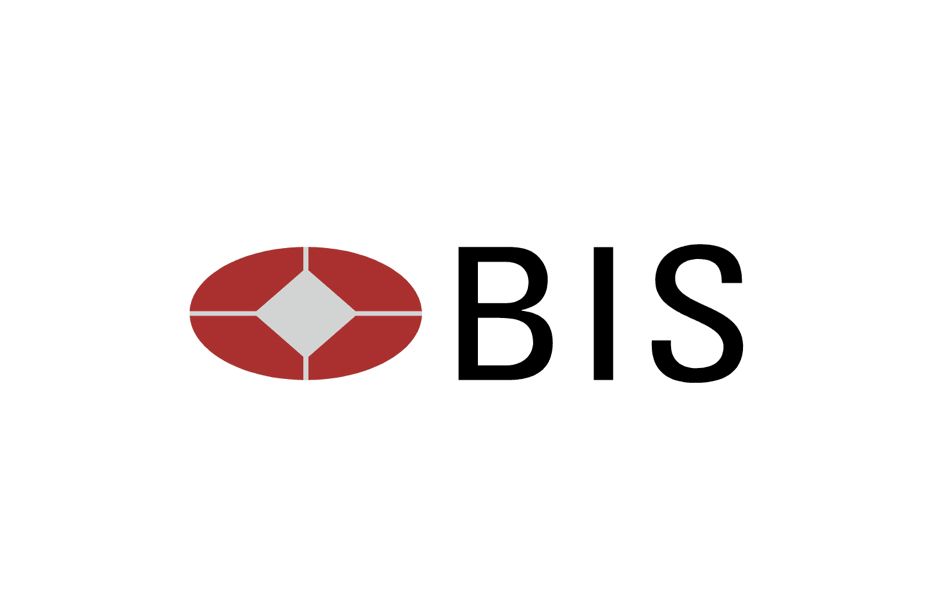
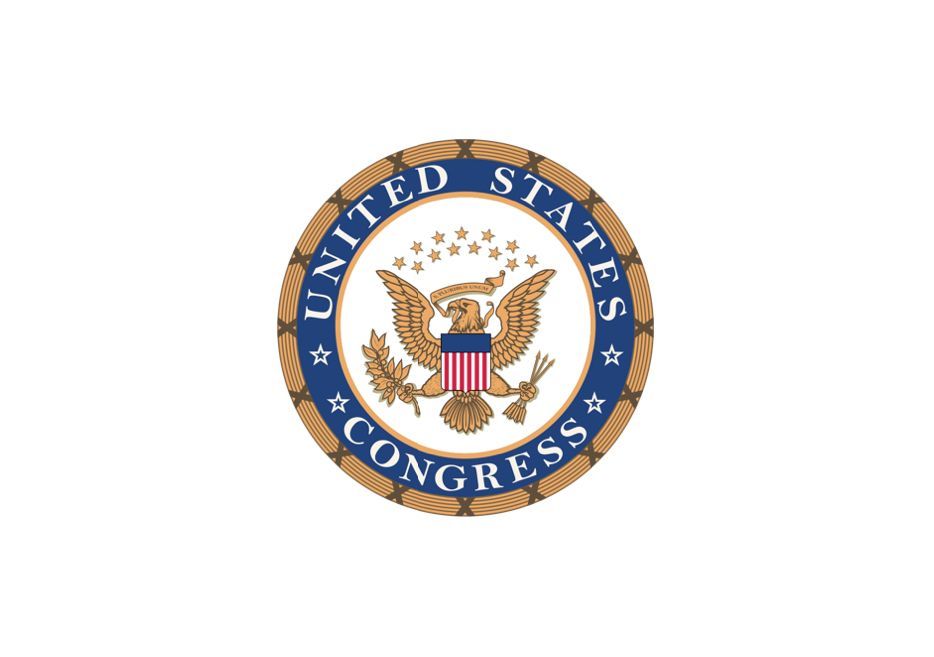

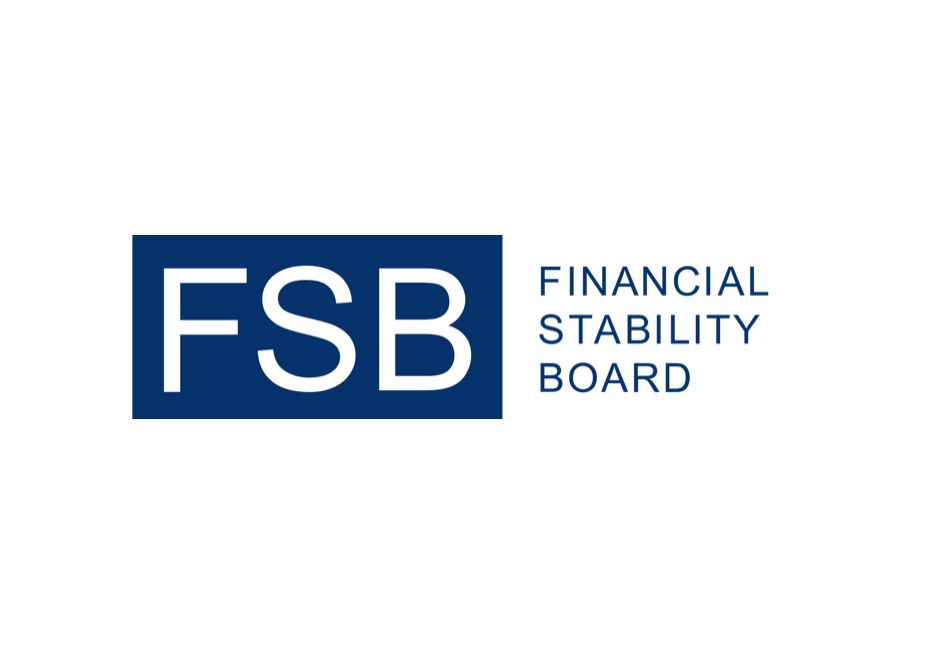
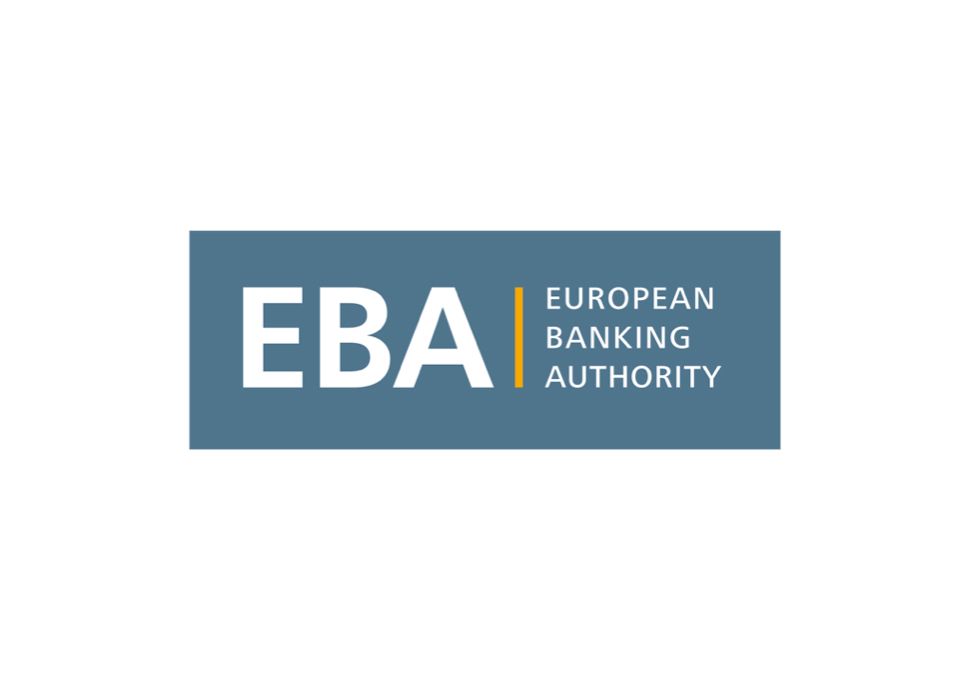

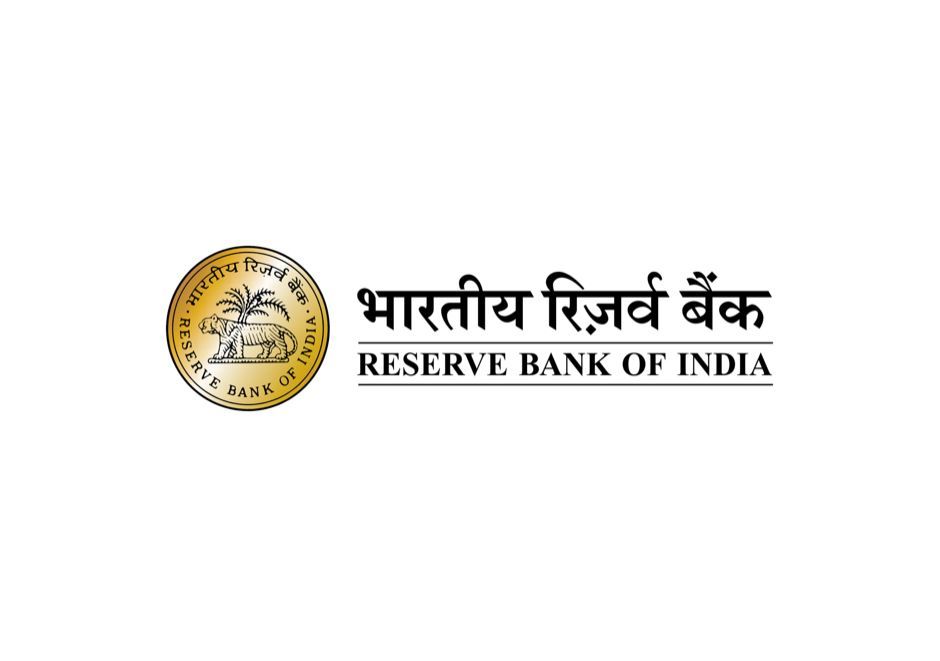
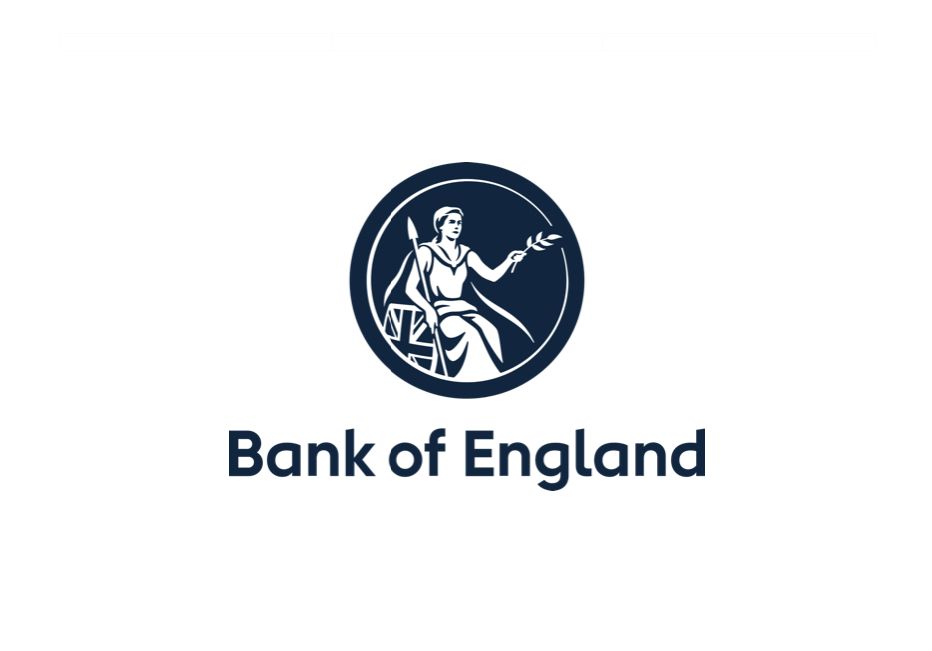

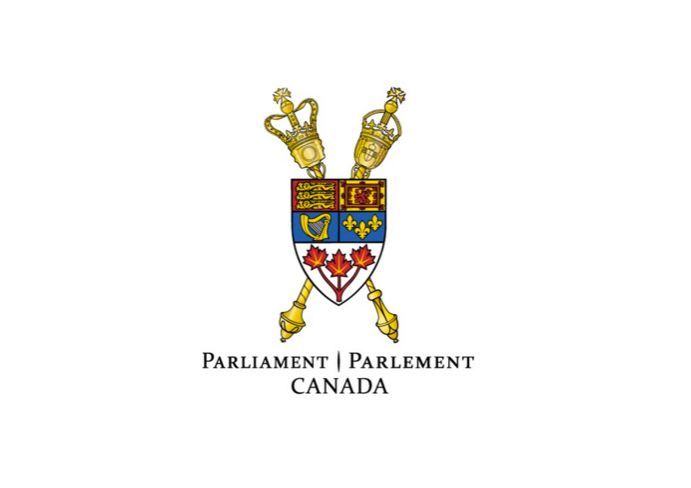
Disclaimer:
GlobalStablecoins.com is an informational website that provides news about coins, blockchain companies, blockchain products and blockchain events. Don’t take it as investment advice. Speak to an advisor before you risk investing in an ICO, Cryptocurrencies, Cryptoassets, Security Tokens, Utility Tokens, Exchange Tokens, Global Stablecoins, Stablecoins or eMoney Tokens. GlobalStablecoins.com is not accountable, directly or indirectly, for any damage or loss incurred, alleged or otherwise, in connection to the use or reliance of any content you read on the site.
Affiliate Disclosure / Sponsored Posts:
If a Sponsored Post contains any mention of a crypto project, we encourage our readers to conduct diligence prior to taking further action. GlobalStablecoins.com does not recommend that any cryptocurrency should be bought, sold, or held by you. Do conduct your own due diligence and consult your financial advisor before making any investment decisions.
GlobalStablecoins.com may receive compensation for affiliate links. Should you perform activities in relation to an affiliate link, it is understood that some form of compensation might be made to GlobalStablecoins.com. For example, if you click on an affiliate link, and sign up and trade on an exchange, GlobalStablecoins.com may receive compensation.
Before you invest in Cryptoassets you should be aware of the following,
Cryptoassets are considered very high risk, speculative investments.
If you invest in Cryptoassets you should be prepared to lose all your money.
All Sponsored Posts are paid for by crypto projects, coin foundations, advertising firms, PR firms, or other marketing agencies. GlobalStablecoins.com is not a subsidiary of any marketing agency, nor are we owned by any crypto or blockchain foundation.
The purpose of offering Sponsored Posts to our advertisers is to help fund the day-to-day business operations at GlobalStablecoins.com.
If you come across a Sponsored Post which you believe is fraudulent and/or “scammy,” please contact us and we will perform an immediate investigation.
All Rights Reserved | GlobalStablecoins.com






